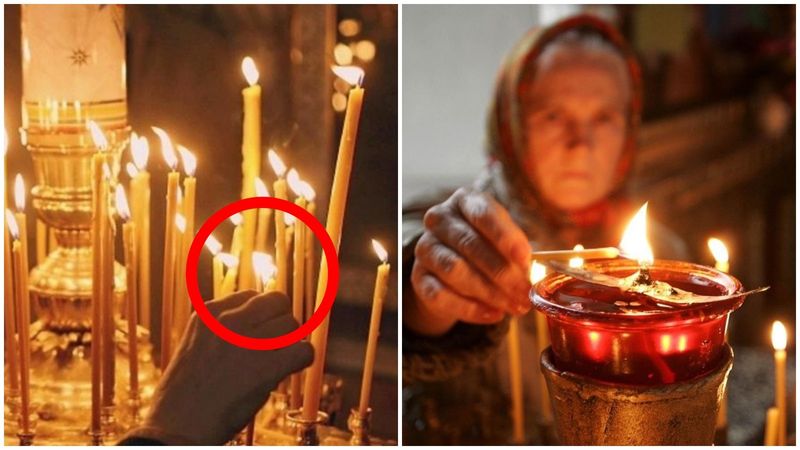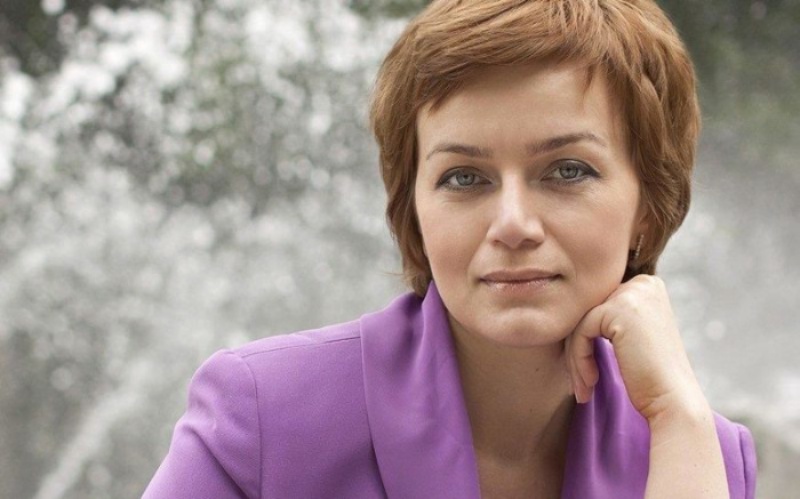About his irrational hatred of cilantro and his passionate defense of proper maple syrup. About the way he always, always, put family first. The bitter irony of those last words wasn’t lost on me as I glanced at my parents, who were already gathering their things as I concluded, clearly eager to leave.
During the reception at our house, afterward, I overheard my father talking to my Uncle James near the drinks table. Kevin was doing very well at that firm, partner track. The life insurance alone must be substantial, not to mention the investments.
Rachel will be set for life. It took everything in me not to confront him then and there. To demand how he could be thinking about money on the day we buried my husband.
But I was too emotionally exhausted, too focused on making sure Lily was okay, to start a scene. My mother and Sophia barely helped with the reception, leaving most of the work to Kevin’s colleagues’ wives and my friends. They sat in the living room accepting condolences as if they were the primary mourners, while I moved through my own home like a ghost, mechanically thanking people for coming, accepting casseroles I would never eat.
Meanwhile, Kevin’s parents, though devastated by the loss their only son, were models of genuine support. His mother Diana took over caring for Lily during the reception, making sure she ate and protecting her from well-meaning but overwhelming guests. His father Robert quietly organized the cleanup afterward, staying until the last guest had left.
The contrast between Kevin’s family and my own was stark and painful. As I watched my in-laws support each other in their grief while also finding strength to support me and Lily, I felt the absence of that same love from my own parents, like a physical wound. Kevin’s will had been mentioned briefly during a conversation with the funeral director, but I couldn’t bear to think about legal matters yet.
Thomas, Kevin’s friend from law school who had handled our estate planning, gently suggested we wait a week or two before discussing the details. There’s no rush, he assured me. Everything is in order, and you and Lily are well provided for.
Kevin made sure of that. As the house finally emptied of guests, my parents and Sophia made quick excuses about getting on the road before dark. They left with perfunctory hugs and promises to call soon.
They didn’t offer to stay and help clean up, didn’t ask if Lily and I wanted company, didn’t acknowledge that this would be our first night after officially saying goodbye to Kevin. Instead, Marcus and Kevin’s parents stayed. Diana made up the guest room for Kevin’s parents and the sofa for Marcus.
We’ll be right here if you need anything during the night, Diana said, hugging me tightly. You’re not alone, Rachel, remember that. But as I lay in bed that night, listening to Lily’s soft breathing beside me, I couldn’t help feeling that in one crucial way, I was very much alone.
The people who should have been my first line of support, my bedrock in time of crisis, had proven themselves unworthy of that role. Two weeks after the funeral, I was sitting at the kitchen table trying to make sense of our health insurance situation, when the doorbell rang. Lily was at school, her first week back since losing her father.
The teachers were keeping a close eye on her and sending me regular updates, for which I was grateful. Through the peephole, I saw my parents standing on the porch, my father straightening his golf shirt, my mother checking her reflection in her compact mirror. I hadn’t spoken to them since the funeral.
They’d texted a few times with generic messages like thinking of you and hope you’re doing okay, but there had been no real communication. I opened the door, not bothering to hide my surprise. I didn’t know you were coming over, we thought.
We’d check in, see how you and Lily are doing, my mother said brushing past me into the house. Is she at school? Good, we can talk openly. That should have been my first clue that this wasn’t simply a supportive visit, but I was too emotionally drained to pick up on the warning signs.
They settled themselves in the living room while I made coffee, falling into the hostess role automatically, even though they should have been taking care of me. When I brought in the mugs, my father was examining the new sound system Kevin had installed just a month before his death. Nice setup, he commented, running his hand along the speakers.
Kevin had good taste in electronics. He did, I agreed, the simple past tense still a knife twist in my heart. After a few minutes of awkward small talk about Lily’s school and my mother’s garden club, my father cleared his throat in the way he always did before discussing serious matters.
Rachel, we wanted to talk to you about your situation, he began, setting his coffee mug down precisely on a coaster. My situation? Your financial situation, my mother clarified, exchanging glances with my father. Now that you’re adjusting to life without Kevin.
I stared at them, not comprehending at first what they were getting at. I’m not sure what you mean. Kevin left us well provided for.
Yes, well, that’s what we wanted to discuss. My father said, leaning forward. Your mother and I are getting older.
Our retirement fund took a hit in the last market downturn and with healthcare costs what they are. The implication hung in the air for a moment before I understood. Are you asking me for money? Now? My mother had the grace to look slightly embarrassed, but my father pressed on.
We thought given Kevin’s position at the firm and his life insurance policy that you might be in a position to help family. After all, we are your parents. The audacity of their request left me momentarily speechless.
My husband wasn’t even cold in his grave and they were here with their hands out. How much are you thinking? I asked, my voice flat. My father, apparently missing my tone completely, brightened.
Well, we were thinking something substantial would make sense. Perhaps 50% of the life insurance payout that would secure our retirement and leave plenty for you and Lily. 50% of my widowed daughter’s support to secure your retirement.
I repeated the word slowly, making sure I understood. The daughter you couldn’t be bothered to comfort when her husband died because you were at a birthday party. My mother flinched, but my father remained unperturbed.
Now, Rachel, there’s no need to be emotional about this. It’s just practical financial planning. And we did come to the funeral.
How generous of you to attend my husband’s funeral, I said, my voice dripping with sarcasm. We raised you, Rachel, my mother interjected. We paid for your college education.
We helped with the down payment on your first house. I think we deserve some consideration now that you’ve come into money, come into money. My husband died.
I was shouting now, all the hurt and rage of the past two weeks boiling over. I didn’t win the lottery. I lost the love of my life, the father of my child, and you’re treating it like I hit some financial jackpot.
My father’s expression hardened. There’s no need to be dramatic. Kevin knew the risks with his heart condition.
He should have taken better care of himself. And now that he’s gone, it’s just practical to discuss how his assets should be distributed. Family should help family.
In that moment, as my father casually blamed Kevin for his own death while simultaneously trying to profit from it, something snapped inside me. The grief that had left me passive and numb for two weeks suddenly crystallized into razor sharp clarity. Get out.
I said quietly, Rachel, be reasonable. My mother began, get out of my house. I screamed the force of my anger physically propelling me to my feet.













